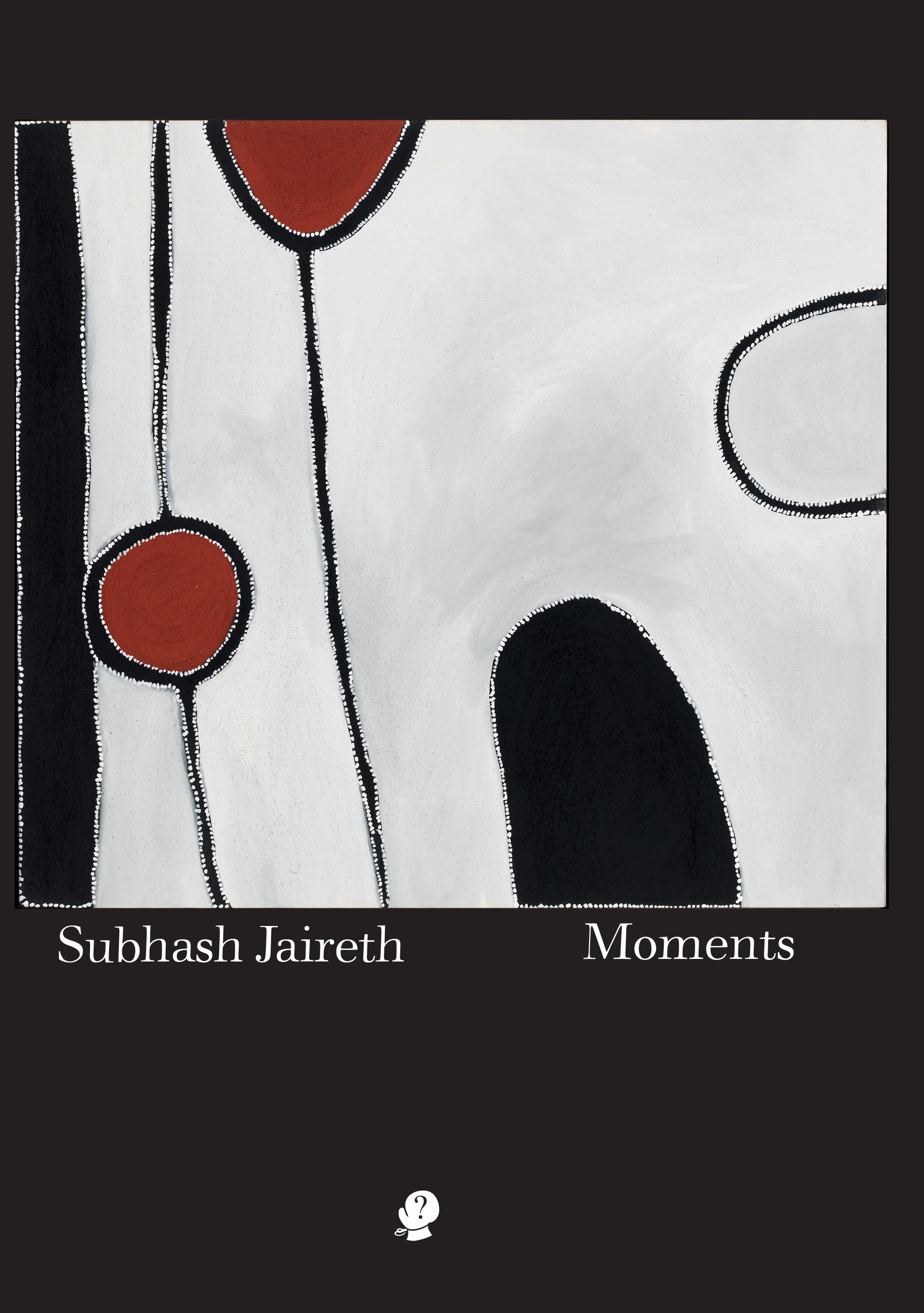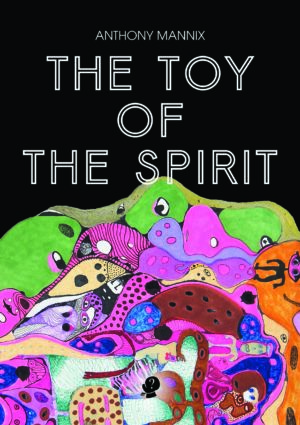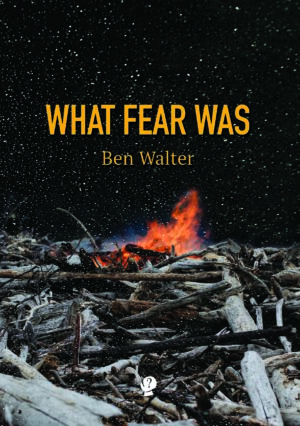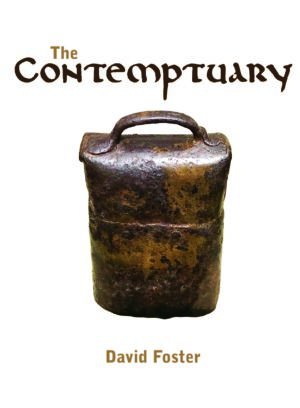Product Description
These stories explore the nature of love, loss and memory: central to them is the uneasiness the narrators feel about their place in the world. A critical moment in the life of each narrator illuminates these themes in remarkable ways. For instance, in the story “Walter Benjamin’s Pipe” the narrator wants to comprehend that critical moment when Walter Benjamin, the famous Jewish-German philosopher and literary critic, decided to end his life. In the story “Bach (Pau) in Love,” the famous Catalan cellist Pablo Casals imagines the situation which would have inspired Bach to compose his six suites for cello. In the story “Anna and Fyodor in Basel,” Anna, Fyodor Dostoevsky’s wife waits for that moment when Holbein’s famous painting about the dead Christ makes its appearance in the novel The Idiot. In “The Quartz Hill,” a Cantonese photographer looks at the prints of Paddy Bedford’s paintings about the Bedford Downs massacre and decides to visit Halls Creek in search for her Gija grandmother’s roots.
REVIEWS
“Subhash Jaireth has produced an increasingly rare thing in Australian prose fiction: a book that is both unashamedly intellectual and international in scope without succumbing to the awkward reverence that sometimes mars Australian writing. This is not to say that Moments is impenetrable or experimental (gasp!). On the contrary, it is a seductively written collection of stories that reimagines the lives of (mostly 20th century) prominent thinkers and artists through a series of vignettes. These are equally at home on a train to Leningrad as a rock formation in the Kimberley—equally up to the task of retelling the tragedy of an indigenous massacre as the horrors of Pinochet’s Chile. And yet the stories are subtle enough to make each tragic moment (and there are many, of varying degrees) uniquely felt. But this isn’t a book of sturm und drang. It’s a quiet book: a whisper; a slow dance; a growing realisation.” SHANE STRANGE, Rochford Street Review
“The task of the writer of fiction is, surely, not to interpret historical facts predicated on archival evidence, but to provide insights into, and understandings of, the feeling of being. I can’t say whether or not Subhash’s stories get to the facts of the people they treat; but to my mind they get to the facticity of the world. They convey the feeling of its qualities, and provide a sense of how people live in the world, and die, and are remembered; how they engage with each other and with art; and how this cobweb of co-existence forms a secure foundation for us, living in the here and now.” JEN WEBB, Rochford Street Review





